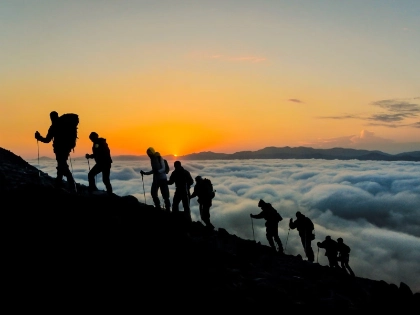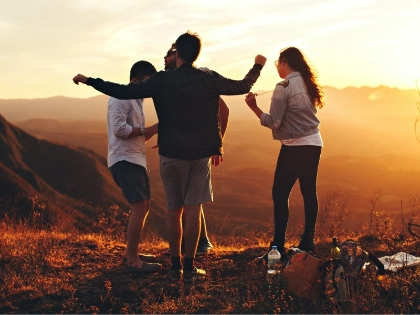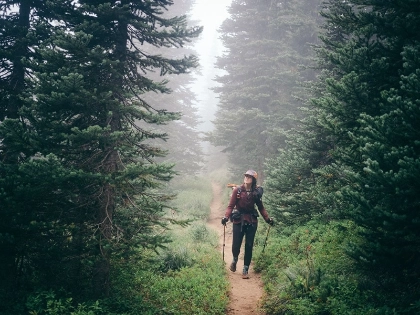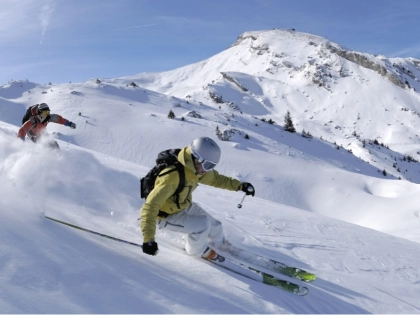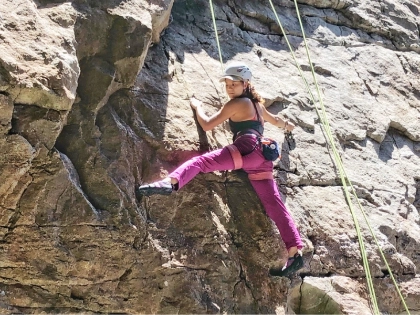What is Camp in British Slang?
The camp aesthetic embraces excess and kitsch. It disapproves of bourgeois aesthetics' self-improving class politics.
It's a place where individuals reside.

It's a homosexual individual.
 Gay individuals are sometimes called bears, otters, twinklings, and other colloquial words. These phrases have been in use since Britain decriminalized homosexuality in the 1960s.
Excess and irony are celebrated in the camp aesthetic. For many years, queer society has welcomed it, especially in relation to drag performances and other facets of queer femininity. Susan Sontag's 1964 article Notes on "Camp" popularized it.
According to Sontag, camp is a taste that values style, texture, and ornamental surfaces. Everything from opera costumes and Tiffany chandeliers to 1920s flapper clothes exhibits it. It may also be seen in popular music, from the extravagant stage looks of performers like Lady Gaga and Geri Halliwell to the exaggerated attire and cosmetics of pop icons like Katy Perry. Even in the world of fashion, Camp has made a name for itself with the Comme des Garçons runway outfits that most people find ridiculous.
Gay individuals are sometimes called bears, otters, twinklings, and other colloquial words. These phrases have been in use since Britain decriminalized homosexuality in the 1960s.
Excess and irony are celebrated in the camp aesthetic. For many years, queer society has welcomed it, especially in relation to drag performances and other facets of queer femininity. Susan Sontag's 1964 article Notes on "Camp" popularized it.
According to Sontag, camp is a taste that values style, texture, and ornamental surfaces. Everything from opera costumes and Tiffany chandeliers to 1920s flapper clothes exhibits it. It may also be seen in popular music, from the extravagant stage looks of performers like Lady Gaga and Geri Halliwell to the exaggerated attire and cosmetics of pop icons like Katy Perry. Even in the world of fashion, Camp has made a name for itself with the Comme des Garçons runway outfits that most people find ridiculous.
It's a fashion statement.
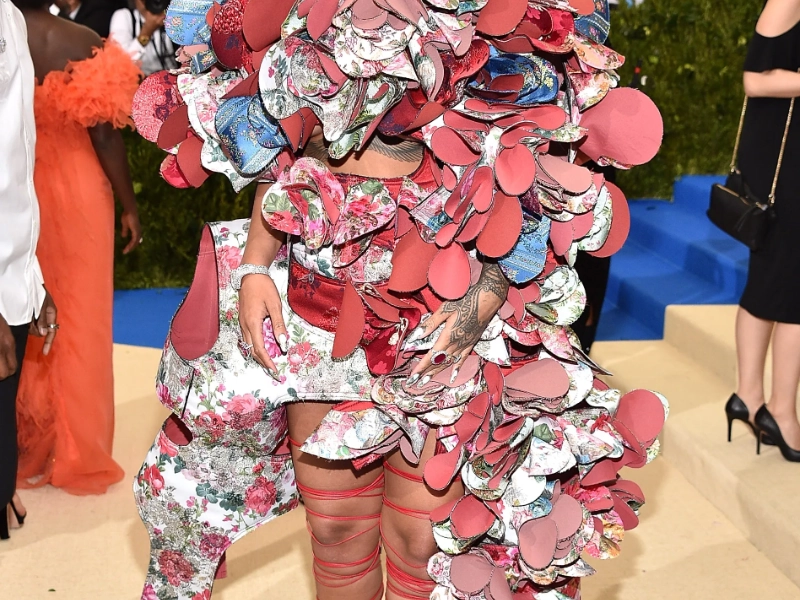 A camp person dresses theatrically and effeminately, a look that is frequently connected to gay culture. The younger generation is particularly fond of this language. The band Breed has released a new TikTok video that describes camp and shows how to spot it in others. It also provides a brief overview of the word's history.
Camp, which originated as a vocabulary and aesthetic of the homosexual subculture, came to be known outside of academia thanks to Susan Sontag's 1964 essay "Notes on Camp." According to Sontag, camp is a means of appreciating the aesthetic and affective excesses of culture rather than passing judgment on them. She also stresses that everything about behavior is artificial and that to say anything is to make it seem fake.
A popular kind of camp is drag or cross-dressing, which upends gender norms and shows that they are only roles that anyone can play. Alternative manifestations of camp encompass an intense passion for tacky items like velvet paintings, Hummel statues, and infants with large eyes like onions.
A camp person dresses theatrically and effeminately, a look that is frequently connected to gay culture. The younger generation is particularly fond of this language. The band Breed has released a new TikTok video that describes camp and shows how to spot it in others. It also provides a brief overview of the word's history.
Camp, which originated as a vocabulary and aesthetic of the homosexual subculture, came to be known outside of academia thanks to Susan Sontag's 1964 essay "Notes on Camp." According to Sontag, camp is a means of appreciating the aesthetic and affective excesses of culture rather than passing judgment on them. She also stresses that everything about behavior is artificial and that to say anything is to make it seem fake.
A popular kind of camp is drag or cross-dressing, which upends gender norms and shows that they are only roles that anyone can play. Alternative manifestations of camp encompass an intense passion for tacky items like velvet paintings, Hummel statues, and infants with large eyes like onions.
It's a show.
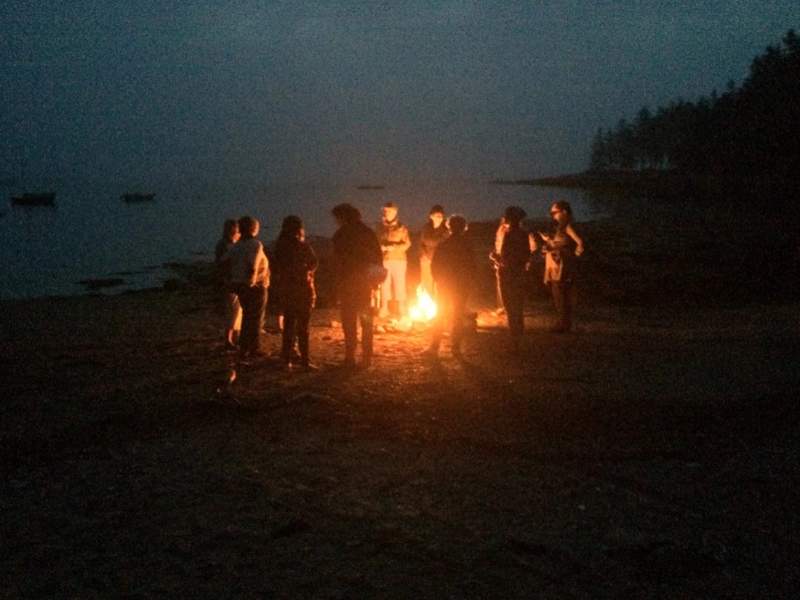 A performance that embraces and revels in the stylistic and emotional excesses of popular culture at large is called a camp performance. It's erotically funny and self-aware in a way that makes me think of gay culture. This new aesthetic of extravagant yet satirical theatricality was first highlighted by Susan Sontag in her 1964 article "Notes on Camp," which she linked to homosexual subcultures.
When someone expresses disappointment, they are expressing their gut feelings. It's a colloquial expression used instead of the more official and accurate word "disappointed."
Famous musicians like Lady Gaga and Geri Halliwell are viewed as being camp. The latter is frequently referred to as the Queen of Camp since she has incorporated camp into her songs and music videos. British slang can be easily learned from the popular British comedy The Inbetweeners, which revolves around a group of pals. There are several of these colloquialisms throughout the show, which also has two movies. It's a fantastic, family-friendly program. Netflix offers a streaming version of it.
A performance that embraces and revels in the stylistic and emotional excesses of popular culture at large is called a camp performance. It's erotically funny and self-aware in a way that makes me think of gay culture. This new aesthetic of extravagant yet satirical theatricality was first highlighted by Susan Sontag in her 1964 article "Notes on Camp," which she linked to homosexual subcultures.
When someone expresses disappointment, they are expressing their gut feelings. It's a colloquial expression used instead of the more official and accurate word "disappointed."
Famous musicians like Lady Gaga and Geri Halliwell are viewed as being camp. The latter is frequently referred to as the Queen of Camp since she has incorporated camp into her songs and music videos. British slang can be easily learned from the popular British comedy The Inbetweeners, which revolves around a group of pals. There are several of these colloquialisms throughout the show, which also has two movies. It's a fantastic, family-friendly program. Netflix offers a streaming version of it.

